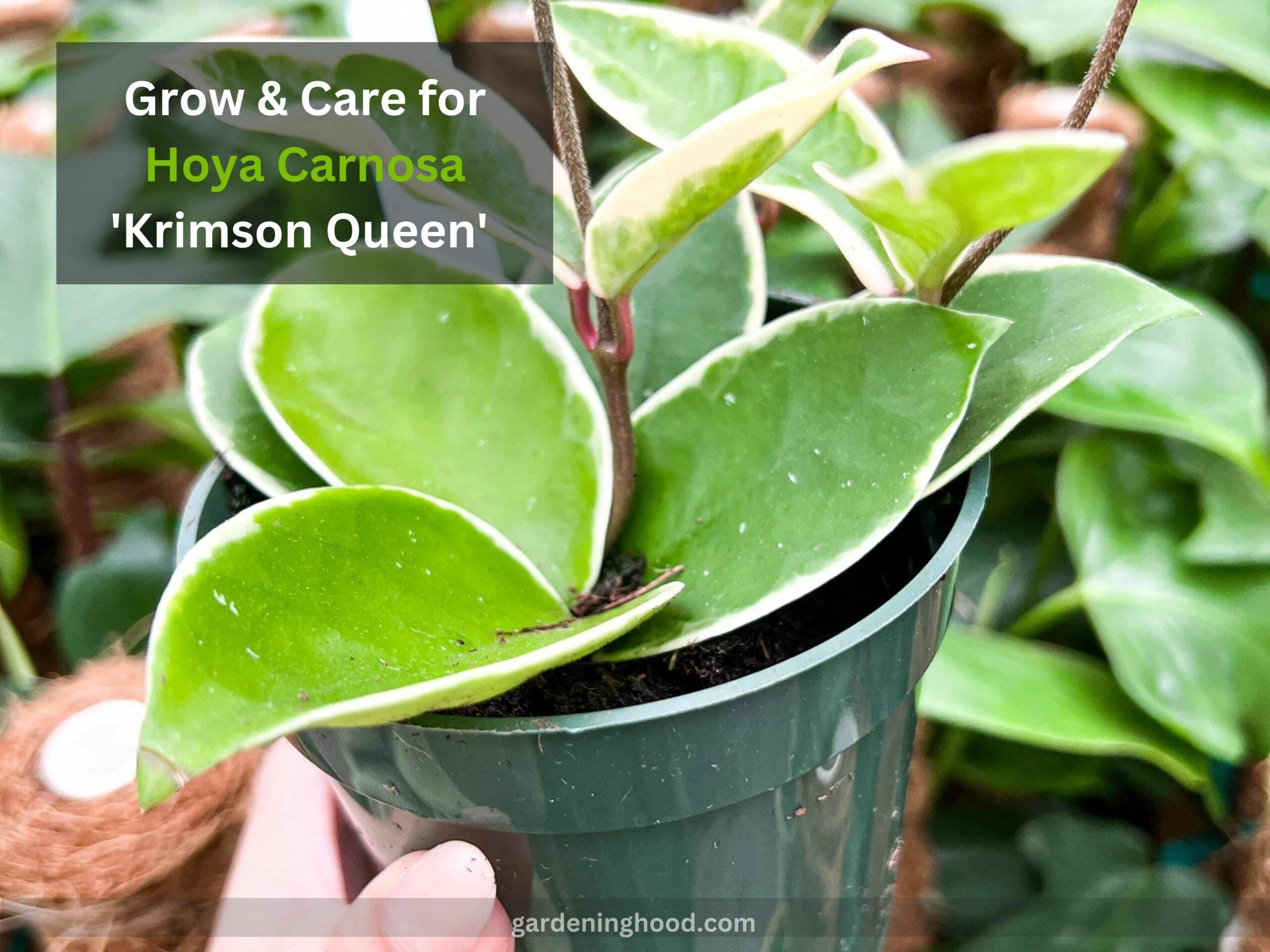Does Arugula come back every Year? – Is Arugula a Perennial?
Does Arugula come back every Year? Do you know that not all arugula grow back every year? The arugula plants Are commonly called rockets and are popular vegetables. Its peppery, spicy, and tarty flavor give all the popularity to the leaves. Many of us are confused about whether they grow back every year or not. Plans are loved by many gardeners these days due to their unique flavor. The plant grows whether in a container, ground, or anywhere else.
Key takeaways:
- Let me give you the answer that the regular arugula or mostly annual plans. Annual plants are those which do not come or grow back the next year.
- Still, it is seen that green garden Arugula can easily reseed.
- Which means they can sprout new plans in the coming season. The wild arugula plans are perennial and can grow back every year naturally.
Is Arugula a Perennial?
Arugula plants are annual plants that love cool weather and go well in the spring and fall seasons. Being Hardy annual plants, these, when they get overwintered (rarely), can also be turned perennial which when harvested will grow back the following season. This can be done by clipping or cutting the arugula plants. When the leaves are taken out make sure you dont pull them. The chances of success in this method are quite low as the home arugula plants are usually annual whereas the wild arugula is perennial as I mentioned before.
| Common Name | Arugula, rocket, garden rocket |
| Botanical Name | Eruca versicaria |
| Family | Brassicaceae |
| Plant Type | Annual, vegetable |
| Size | 2–3 ft. tall, 1–1.5 ft. wide |
| Sun Exposure | Full sun, part shade |
| Soil Type | Loamy, moist, well-drained |
| Soil pH | Acidic, neutral (6 to 7) |
| Bloom Time | Seasonal |
| Hardiness Zones | 2–11 (USDA) |
| Native Area | Mediterranean |
Does Arugula come back every Year?
Arugula plants can easily bolt in heat, though you can still use the flowers and leaves in salads. Son dont overthink and tear the branch showing bolting. Anyhow the arugula seeds beat the winter well and get sprouted in the springtime. They are hardy enough. Whatever we talk about arugula type is important to consider here as the common arugula reaches the end of the cycle when it bolts or after the flowering season whereas the wild variety can grow back.
Are you thinking of overwintering arugula?
The arugula Plants can be over winter by using a few inches of mulch over the soil having arugula. Even out the layer of March so that they get cold temperatures with the moisture and the sheet that we get after the daylight. You can also please the container in a shady area or story. Though the Arguka plants in most climates do not need to be over winter. The arugula, especially the wild, can easily withstand temperatures below -2°F. These plants will still be sprouting the following spring season.
To know more about the plant world, you may also read related articles, 5 Best Heat Tolerant Arugula Varieties (Slow-Bolting Arugula)
Can regular garden Arugula reseed itself?
The garden arugula that grows best in well-drained soil and a pH of 6 to 7 can be received when they are a little stressed or over winter. The plant will form flowers then the seeds can be stored. These seeds don’t need to be shown again as they can reseed and sprout into new plants.
What arugula to go for?
Though both the arugula plants that are garden arugula and wild arugula are great plants on their own but wild arugula which is heat resistant and perennial still holds some cons. The garden arugula plants give luscious leaves and the harvest is quite quicker than the wild arugula and you can also use microgreens for fast harvesting. The wild arugula plants need much time to harvest. There is also a difference between the flavor of wild arugula and common garden arugula. Even wild arugula has smaller leaves than wild arugula. So if you want quick harvest and big leaves for salads then go for garden arugula.
How to grow and care for arugula plants?
The arugula plants need full sun for six hours a day. They can also survive in partial sunlight. But you must get filtered light for maximum hours of the day. The soil should be moist. It is also recommended to use sprinklers for watering the plants.
If you are planting a seed you can directly sow them any time during the early springtime. Make sure the soil is loose and not too compact. When the plant grows well you can click the baby leaves before the flowering season if you want some might flavor. Let them flower and seeds to get new growth in the coming time. The perennial arugula is easy to grow and Will recede naturally after every year.
Common Garden Arugula vs Wild Arugula:
Common garden arugula also known as Eruca vesicaria is classified as E. sativa and wild arugula also known as Diplotaxis tenuifolia which have the same flavor but they are used to grow in different ways.
When we talk about garden arugula they do have large lobed leaves with white flowers which come under annual planting and on the other hand wild arugula plants do have more serrated leaves with yellow flowers which come under perennial plants.
The wild arugula when compared to garden arugula they are more heat resistant. It is easy to differentiate between them as common arugula has large, lobed leaves but the wild arugula has serrated leaves similar to oak leaves. After maturing, the wild arugula varieties produce white flowers having 4 long petals and wild arugula varieties produce smaller yellow flowers which look the same as mustard.
The arugula comes in different species and both wild and garden arugula are part of the Brassicaceae family in which they have large families such as broccoli, kale, cabbage, radishes, mustards, and horseradish.
In order to grow other vegetables belonging to the same family you need to know they are used to bolt in hot weather. But the wild arugula are able to handle the hot weather in a better way than garden arugula. They are able to resist bolting better than garden arugula.
Arugula Pests:
The following are some pests that are used to attack arugula such as:
- The flea beetles are pests that attack and form tiny holes in the leaves. To protect it from pests you need to cover plants with floating row cover. You can also use yellow sticky traps so that you can control the growth of pests.
- The cabbage loopers are other pests which are small green caterpillars that are used to chew the cabbage leaves and leave ragged holes. To protect from pests you need to crush yellow eggs that are formed under leaves. You need to handpick or sprinkle plants using diatomaceous earth. Using floating row covers helps in protecting cabbage loopers.
- It also gets attacked by slugs and snails that form large holes in leaves. To protect from this you need to spread diatomaceous earth on the plants that are used to injure and kill the mollusks.
FAQ’s
How long does the arugula plant live?
The arugula that is annual completes its life cycle until flowering and will not grow back. While the wild arugula that is perennial can grow back every year as it reseeds itself.
Should you cut flowers off the arugula?
The arugula plants that are under stress or getting aged will flower. The flowers will later form seeds that can be used to regrow the plant in the case of the wild variety. The flowers can be cut from the arugula plants and used in salads, also if the seeds are not expected they are cut the flowers off to stop the plant from seed formation.
Can you eat arugula stems?
The arugula stems, seeds, flowers, and leaves can be used to make salads. So they can be eaten. Arugula just doesn’t have a spicy tasty flavor but also is beneficial for the human body.


